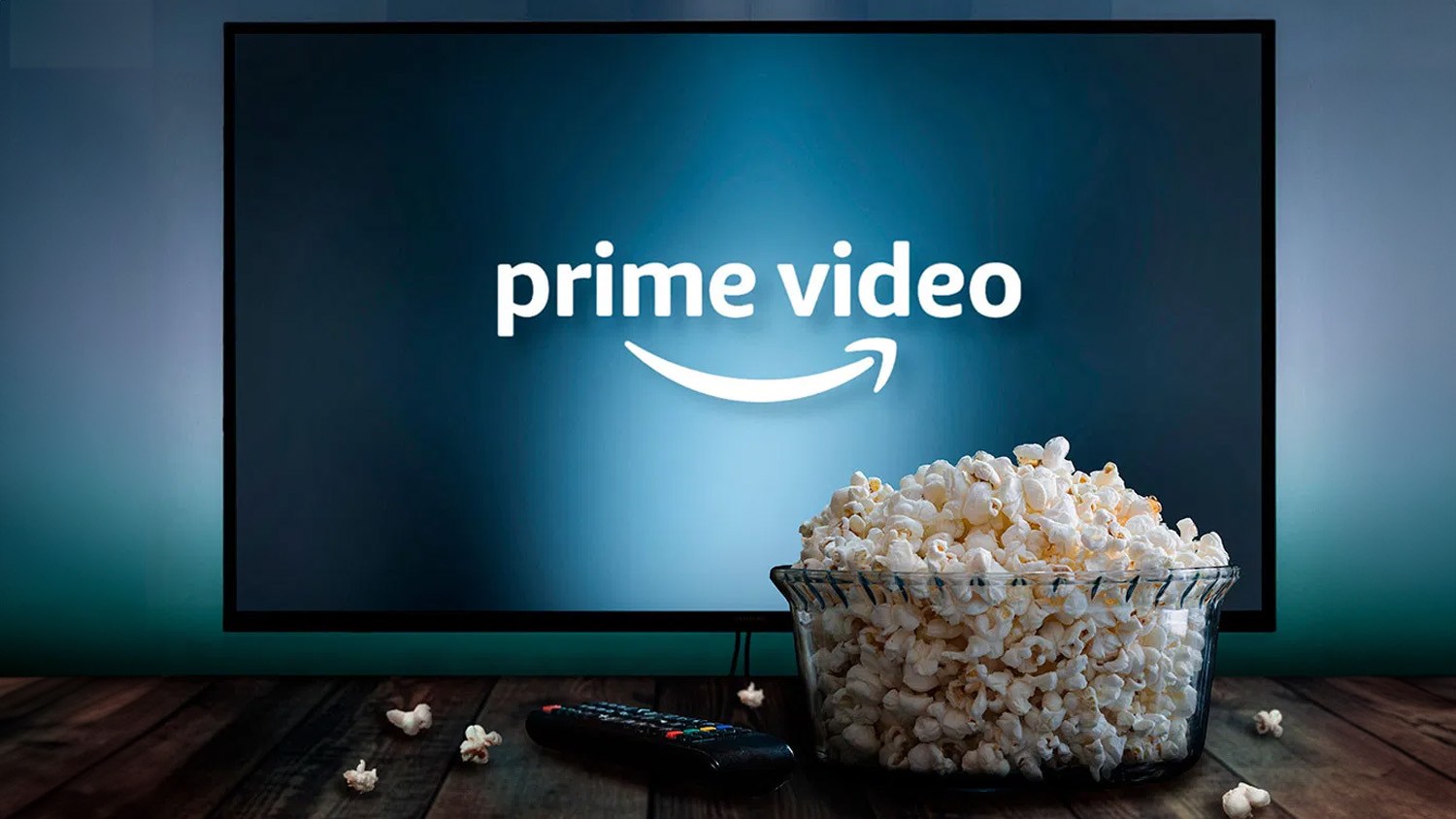Next Monday’s United States Senate debate could be crucial in shaping the landscape of the March 5 primary election after recent polling showed a virtual tie for second.
The hour-long debate, airing exclusively on KTLA 5 and other California stations in the Nexstar Media Group, will be the second chance for candidates to face off on the stage in hopes of earning a spot in November’s general election.
“This next debate will make a big difference,” said Dr. Christian Grose, a professor of political science and public policy at USC.
The difference, Grose says, will impact the race for second place between Democratic Rep. Katie Porter and Republican Steve Garvey, who each polled at 15% in a California Elections and Policy poll from USC, California State University, Long Beach and Cal Poly Pomona released on Thursday. The two candidates receiving the most votes in the March primary will be on the ballot for the Nov. 5 general election, regardless of party affiliation.

Democratic Rep. Adam Schiff maintained his solid grip on the lead with the support of 25% of the more than 1,400 likely voters surveyed. Democratic Rep. Barbara Lee remained in fourth place with 7% support.
While Schiff isn’t the inevitable, without-a-doubt winner of the primary just yet, Grose said, it appears that the deadlocked race for second between Porter and Garvey should be the focal point Monday.
“Who comes in second is really important,” Grose said. “If Porter comes in second, it’s going to be really competitive with two Democrats running against each other in the general election. All voters will be up for grabs.
“If Garvey comes in second and faces Schiff, it’s also consequential. At first, it would seem like it’s Schiff’s race to win pretty easily because the state is overwhelmingly Democratic.”
Garvey’s performance in the first debate on Jan. 22 came under scrutiny for his refusal to commit to vote for former President Donald Trump in the 2024 election — despite admitting he’d voted for him in 2016 and 2020.
Porter weaponized that hesitancy while pulling from Garvey’s history as a star baseball player for the Los Angeles Dodgers in the 1970s and early 80s. The 2024 U.S. Senate race is the 75-year-old’s first official run for public office.
“Once a dodger, always a dodger,” Porter said in response to Garvey’s reluctance to endorse the former President.
The second debate on Monday could be Garvey’s chance to show California’s republican voters which side of the party he tows, Grose said.
“The more right-wing Republicans in the state are unsure about him, the more middle and left-wing voters in the state are unsure about him,” Grose said. “I think he’s got to pick a lane.”
Grose said a focus on policy and an eagerness to engage in battles with his Democrat competitors could help the Republican, who is at risk of “losing the energy” he built up among California’s right ahead of the first debate.
“Garvey did not help himself in [the first] debate,” Grose said.
Garvey’s loss could be Porter’s gain as she contends for a spot on the general ballot.
“This debate is really critical for her,” Grose said. “I think Katie Porter has to break out now and decide does she really want to go after Schiff directly, or does she want to present herself as the alternative to Schiff and to Garvey in order to make it to the general election.”
As for Schiff, he could use Monday to decide who he wants his main opponent to be for the rest of the primary season.
“I think what he’s going to try to do is play up Garvey even more like he’s been doing in his ads, make it a Schiff vs. Garvey race — a Democrat vs. a Republican,” Grose said. “If it’s Schiff vs. Porter, it creates a little more risk for Schiff.”
The debate airs live on KTLA 5, KTLA+ and KTLA.com on Monday, Feb. 12 at 7 p.m.











